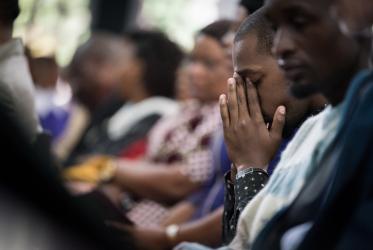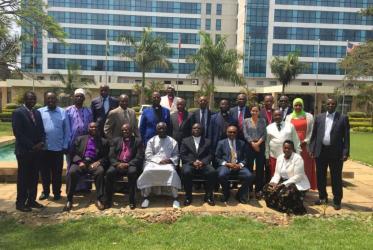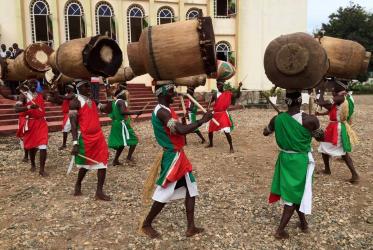Burundi
The original inhabitants of the area of today's Burundi are the Batwa, Baganwa, Bahutu and Batutsi. Burundi existed as an independent kingdom from the 16th century until 1903, when it was colonized by the Germans. After World War I it became a protectorate under Belgium. The colonial powers fomented and exploited rivalries between the population groups. Burundi recovered its independence from Belgium in 1962 as a kingdom under Tutsi rule. Violent ethnic conflicts erupted in 1964 and 1972, when many Bahutus were massacred, and again in 1988. The first democratically elected president was assassinated six months after he took office in 1993. A civil war followed, in which over 300,000 people were killed, mostly Batutsis, and many more were forced to flee to neighbouring countries. During this period Burundi was also involved in, and affected by the conflicts in Rwanda and the DRC. With the help of the African Union, and in particular former President Nelson Mandela, an agreement was negotiated which brought peace back to Burundi in 2005. Burundi is a small, densely populated agricultural country. Up to 90 percent of the population depends on subsistence farming. Coffee and tea are the main export products. The Catholic Church is the majority church. The two largest non-Catholic groups are the Anglicans and the Pentecostals. The United Methodists in Burundi belong to the United Methodist Church and are therefore an indirect member of the WCC. The Baptist Union has indicated its interest in WCC membership.



